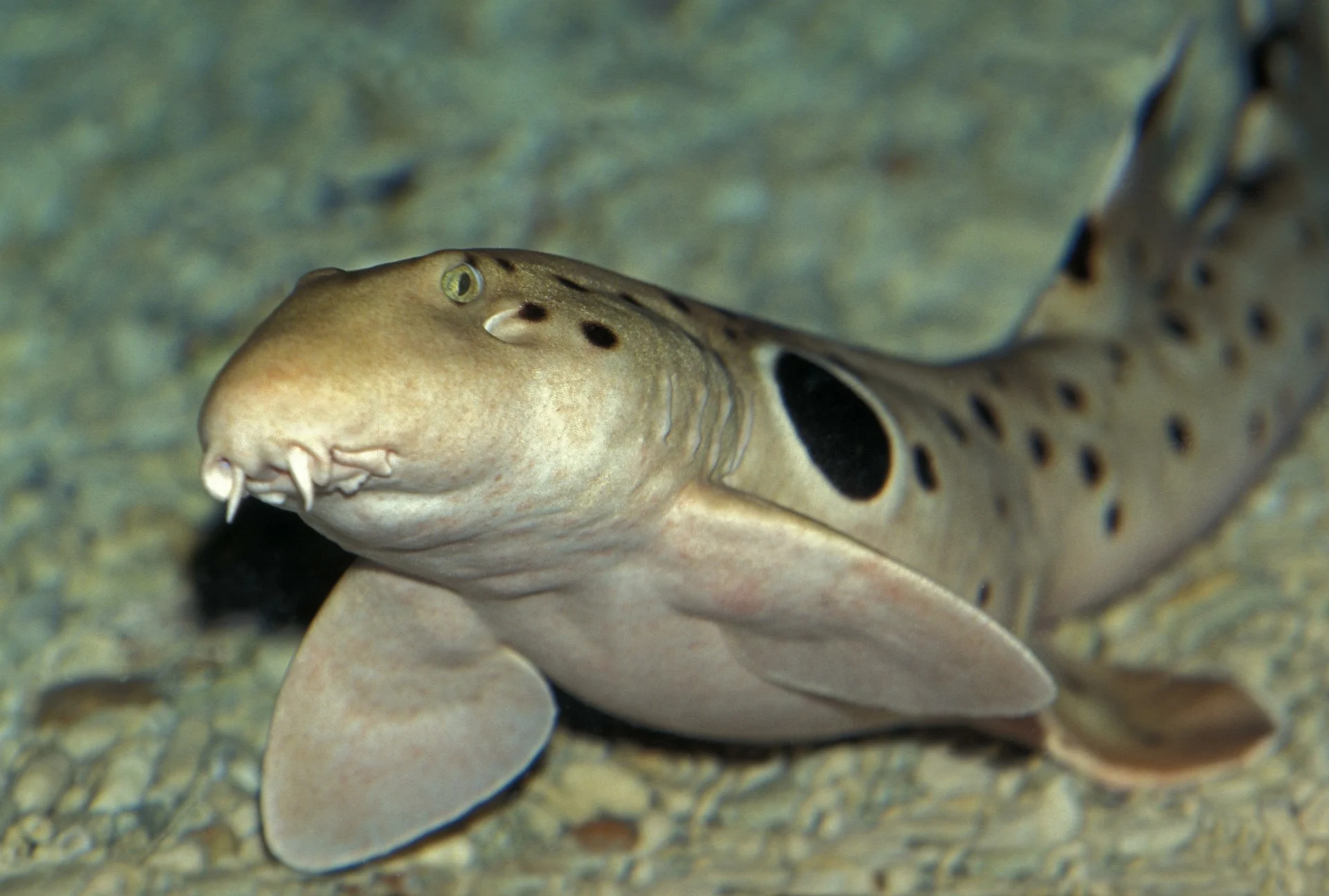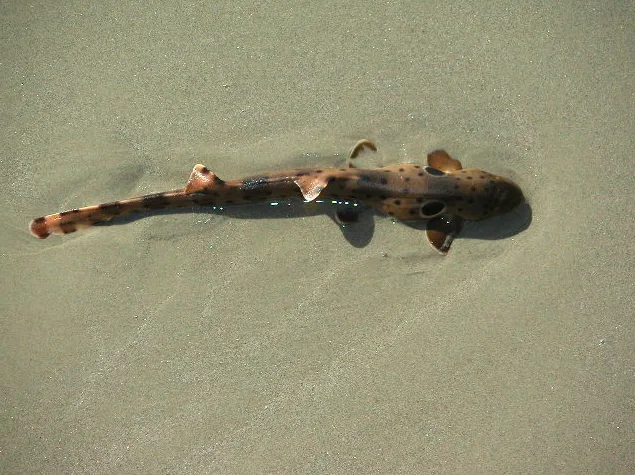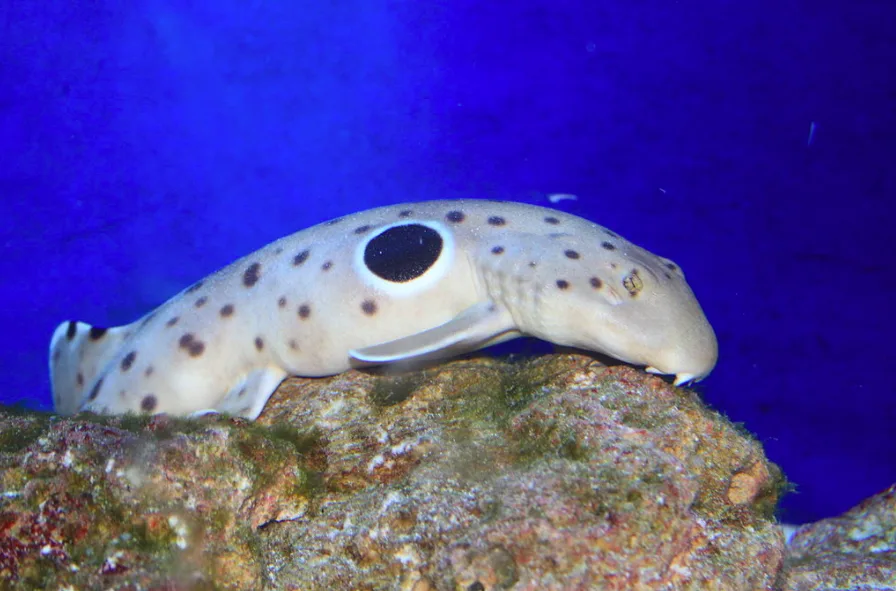
Baby sharks becoming more exhausted, smaller due to climate change
Researchers say that warming temperatures in the Great Barrier Reef, the only place on Earth where epaulette sharks are found, could become too warm and harm their health.
Baby sharks in the Great Barrier Reef are becoming smaller, more exhausted, and undernourished due to warming oceans, reports a study published in Scientific Reports.
Oceans absorb heat from the atmosphere, which continues to warm as greenhouse gas emissions increase. Since 1970, the oceans have absorbed over 90 per cent of the excess heat generated by greenhouse gases and scientists are observing that this is creating distinct and visible impacts on marine species.
Researchers from Australia's ARC Centre of Excellence for Coral Reef Studies at James Cook University and the University of Massachusetts say that unusually warm temperatures in the Great Barrier Reef have altered how baby epaulette sharks (Hemiscyllium ocellatum) regulate their biological processes. To better understand the effects of warmer ocean waters, the researchers reared 27 embryos under several different temperatures.

Epaulette sharks can survive for hours with little oxygen, and can clamber over land to reach the nearest suitable area of water. Credit: Reef Shark/Wikimedia Commons. (CC BY 2.0
Throughout the seasons, the ocean temperatures in the epaulette sharks’ habitat range from 21.7°C to 27.9°C. To understand how these animals grow under the present-day climate, 14 embryos were grown at 27°C, which is the average temperature during typical summer conditions. Seven and 31 embryos were reared under 29°C and 31°C conditions, respectively, which are the temperatures that are projected to occur around 2050 and 2100.
The growth, development, and metabolic processes of the embryos were tracked until the eggs hatched — most sharks give birth to live young, but several shark species, including epaulette sharks, birth eggs that later hatch. The data revealed that embryonic growth, yolk consumption, and metabolic rates were negatively impacted at 31°C conditions. The baby sharks that were hatched at this high temperature also had significantly lower birth rates than those reared at 27°C and they took twice as long to recover from exhaustive exercise.
"The hotter the conditions, the faster everything happened, which could be a problem for the sharks. The embryos grew faster and used their yolk sac quicker, which is their only source of food as they develop in the egg case. This led to them hatching earlier than usual," said Carolyn Wheeler, lead author of the study, in a press release.

Epaulette shark at the Adventure Aquarium, Camden, NJ, USA. Credit: Jim Capaldi/ Wikimedia Commons. (CC BY 2.0)
Despite their international recognition, epaulette sharks are only found in the Great Barrier Reef and have adapted to the specific conditions in this part of the world. The study says that 31°C is the temperature at which the development of epaulette shark embryos begins to decline, which is concerning because this temperature will likely be reached by 2100, if not sooner.
“The study presents a worrying future given that sharks are already threatened,” Wheeler stated.
“Sharks are important predators that keep ocean ecosystems healthy. Without predators, whole ecosystems can collapse, which is why we need to keep studying and protecting these creatures.”
Thumbnail credit: Adobe Stock

